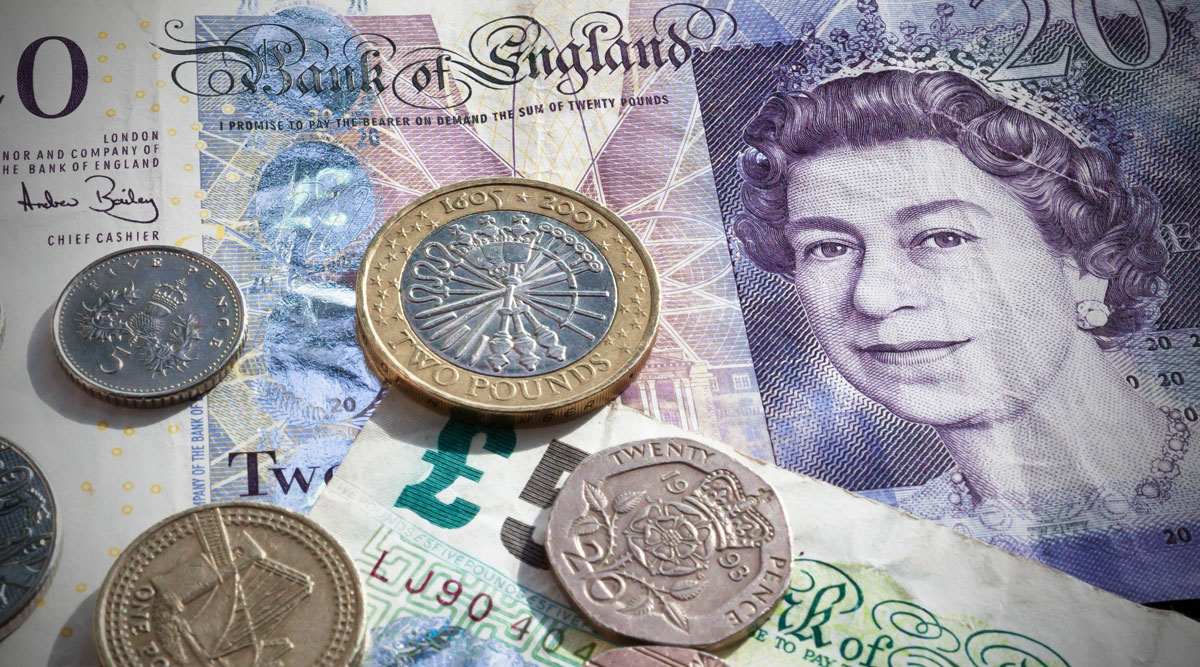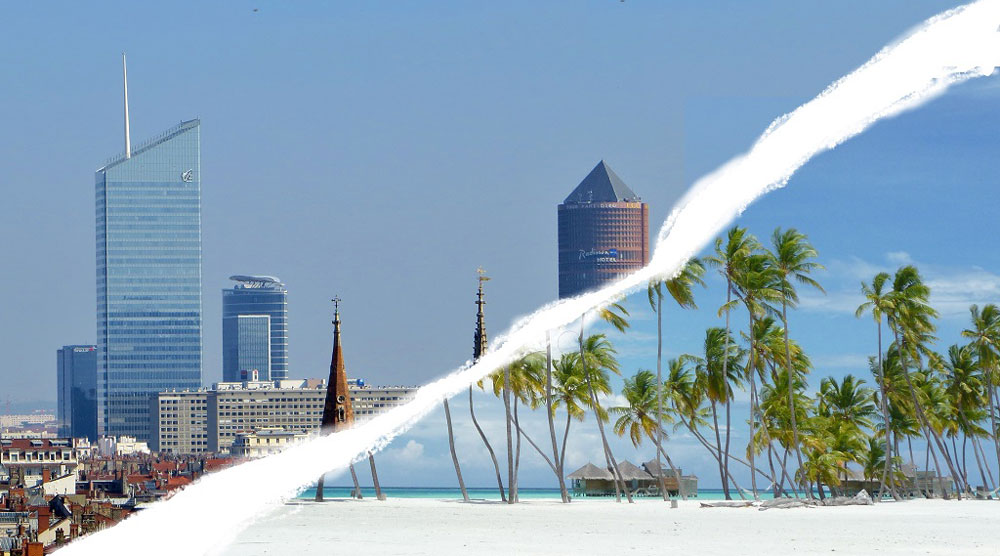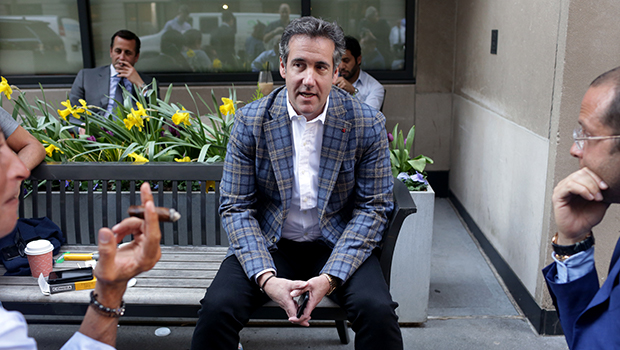Corrupt politicians, fraudsters and money launderers could be using loopholes in the United Kingdom’s company register to avoid detection, an analysis by nonprofit Global Witness has found.
The novel data-driven study reviewed more than 10 million records from the British corporate registry.
Groundbreaking 2016 laws that oblige those owning 25 percent of any U.K. company to identify themselves made the study possible.
But Global Witness – using advanced data techniques and tools – found that although most companies comply with the new transparency rules, thousands have no obvious owner or submitted paperwork that raised red flags for potential wrongdoing.
Companies with no publicly-listed owners, or owners concealed behind layers of offshore structures, are routinely used in criminal activity. ICIJ’s Panama Papers and Paradise Papers investigations revealed how politicians had made and received bribes and hidden millions of dollars from the public – in part through secretive companies – including those in the U.K.
Global Witness found that more than 335,000 companies had not filed owner information. And while those companies may not be hiding illegal activity, other indicators used in the data analysis suggest that companies registered in the U.K. could be used for illegal activity.
Global Witness collaborated with London-based data analysis charity DataKind UK to build online tools to better visualize and assess the risks of anonymous or incomplete company details.
One online tool analyzed company filings alongside indicators that police, government agencies and civil society agree increase the risk of wrongdoing and may require further scrutiny.
The analysis found 208,572 companies listed post box addresses with no connection to the company’s owner, 140,409 companies with owners or others who provided addresses in tax havens, and 416 companies that changed names more than five times, possibly to obscure corporate activity.
“The open data format of the register provides a huge opportunity for law enforcement … civil society organizations, journalists and others to analyze the data for mistakes and suspicious behavior,” Global Witness reported.
The report found that the register’s failure to systematically verify the information submitted by companies leaves it open to abuse.
There is no system that actively identifies and responds to suspicious information, Global Witness found, noting that the only fine issued by the U.K. registrar so far was against a transparency campaigner. The campaigner deliberately filed incorrect information to show how lax the system remains.
The European Union’s 28-member countries will soon follow the U.K. with company registers. Global Witness reported, however, that the level of information made freely available, or in a searchable format, may vary.
Other countries, including the United States, do not currently collect or publish corporate ownership information in a centralized database.
One senior British police officer called anonymous companies “the single biggest obstacle to investigating corruption cases,” Global Witness reported.



